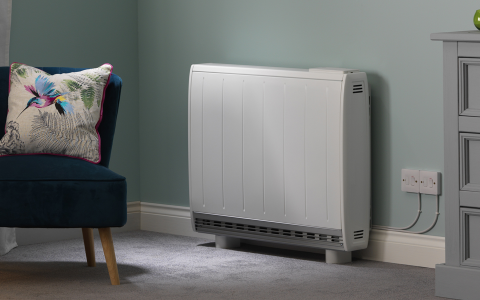The CCC’s June 2020 Emissions Progress Report
The Committee on Climate Change’s (CCC) most recent update on how the UK is progressing towards the achievement of emissions-based targets, such as net zero by 2050 and the carbon budgets, has certainly been listened to. There is no doubt that it influenced the Chancellor's recent Summer Economic Update and the decision to target a green recovery from the Covid-19 crisis.
So, what does the CCC see as the future of construction and what can be done to prepare for the changes this will make to HVAC specification?
We have summarised key industry insights in our 196-page report, structured by most commonly asked questions
Our report covers :
- How has lockdown affected the UK’s emissions progress?
- Has investment in low carbon solutions been shown to be commercially beneficial?
- Is the carbon tax scheme in London going to be applied to the whole of the UK? What does this mean for the development of upcoming regulation changes?
- Will Government address the cost difference between electricity and gas?
Our range of HVAC solutions aim to provide future proof technologies to building projects over various sectors.

Modular developments and integration of hot water heat pumps in modular manufacture
In this blog we look at why hot water heat pumps are a popular choice for modular integration. We also highlight the advantages this modular approach can bring for developers looking to move to more sustainable HVAC solutions in the face of changing building regulations.

Achieving updated Part L compliance with hot water heat pump solutions in large apartment developments
In this blog, we look at how specifying hot water heat pumps and direct acting panel heaters for large apartment developments can help achieve compliance with the updated Part L 2021. We also look at how the solution can put developers on the right path to addressing ventilation and overheating requirements.

Dimplex Launches Alta Wi-Fi Panel Heaters
Introducing Alta Wi-Fi, a slimline, wall mounted panel heater from Dimplex. Replacing Monterey, Girona and Saletto, Alta Wi-Fi offers a more lightweight, Scandinavian-inspired design with a range of stylish clip-on glass accessories (sold separately) making it the ideal space heating system for building projects where space saving and aesthetics are key.











